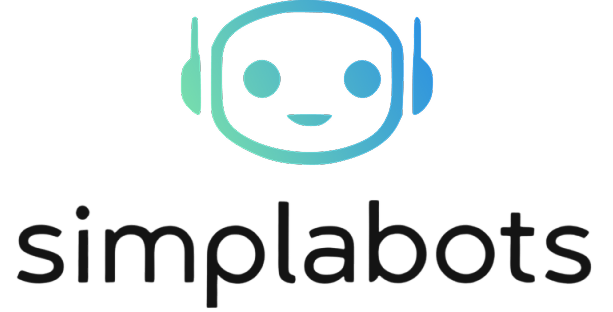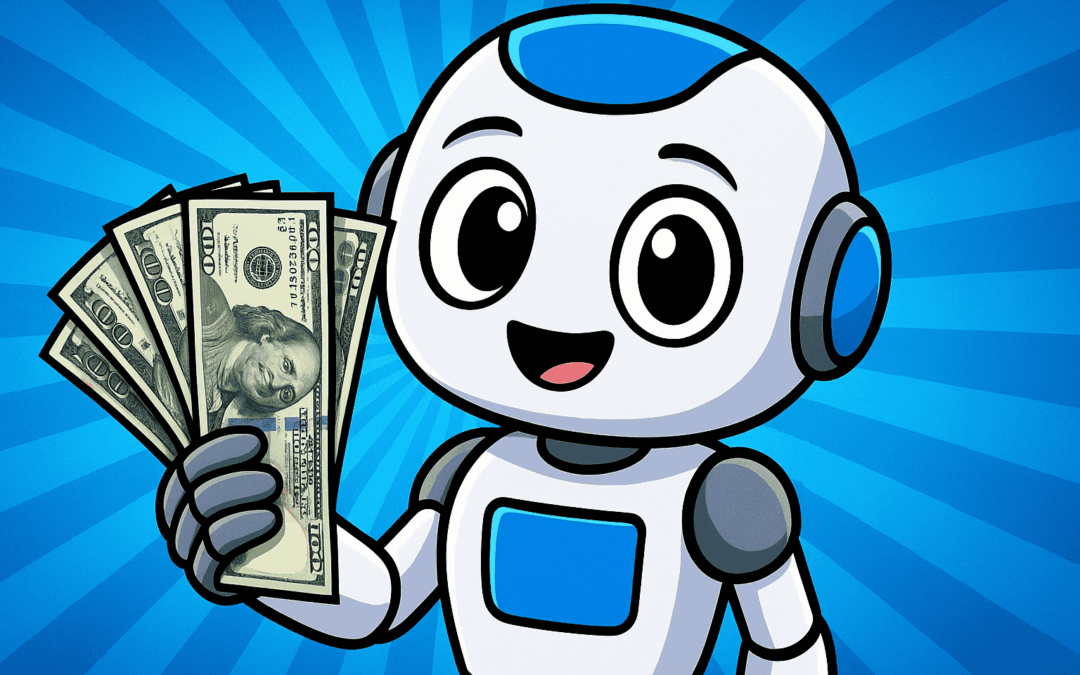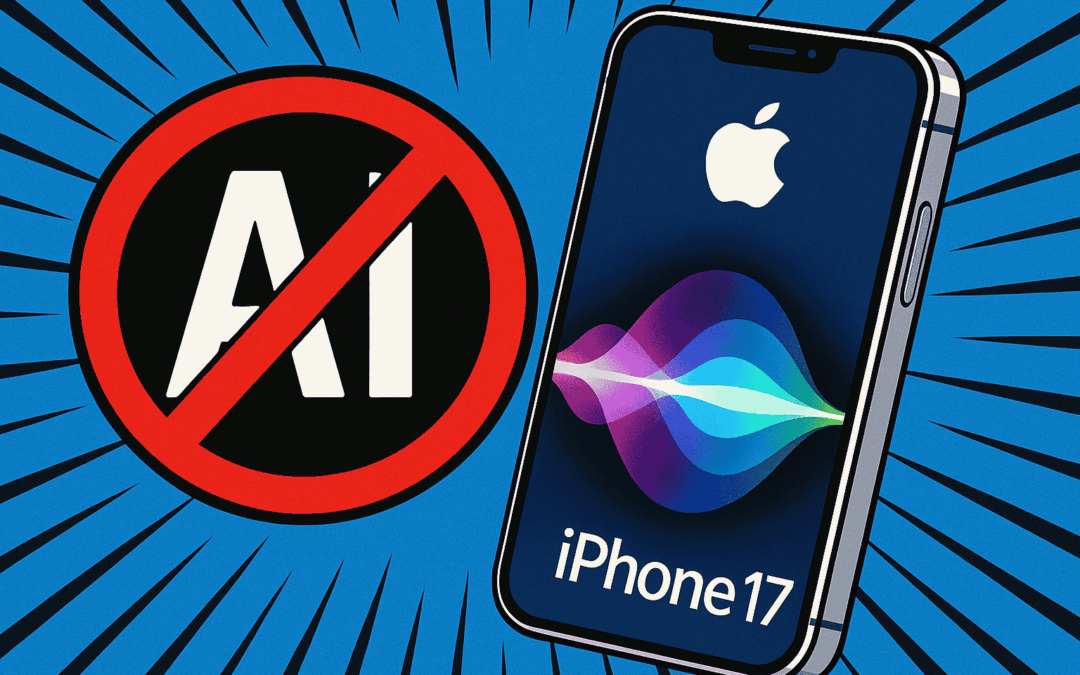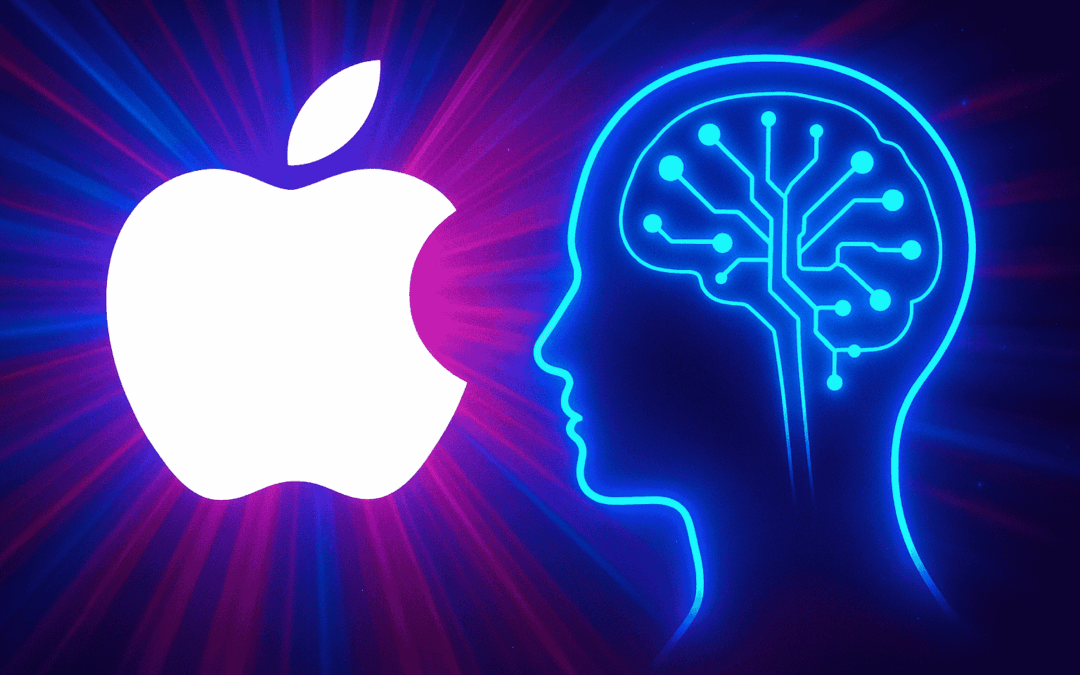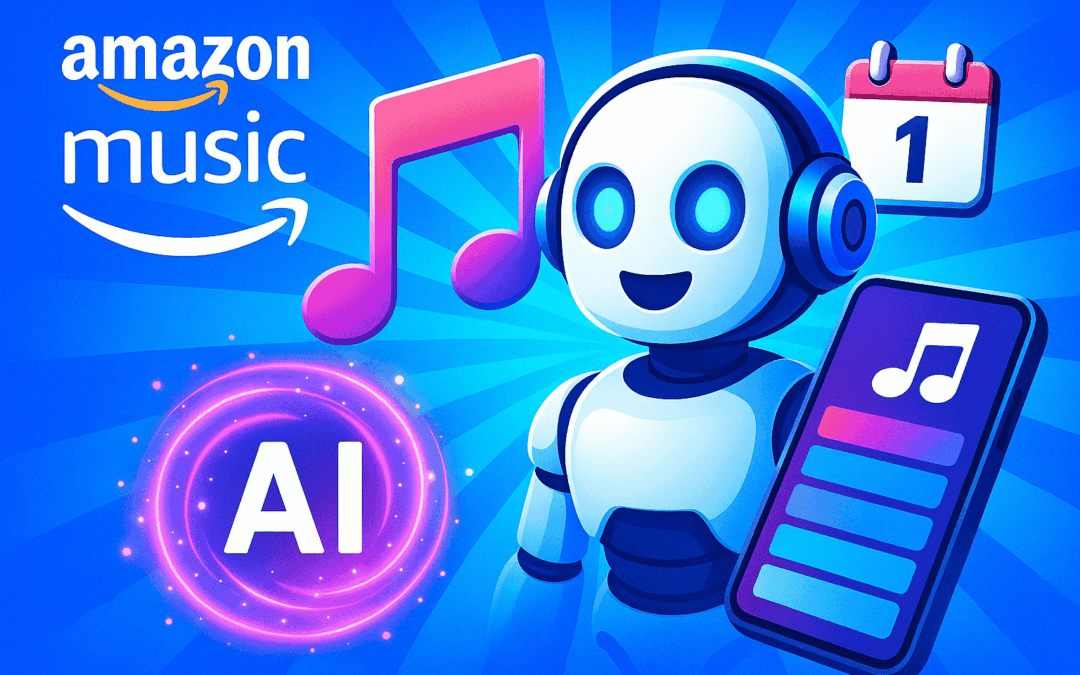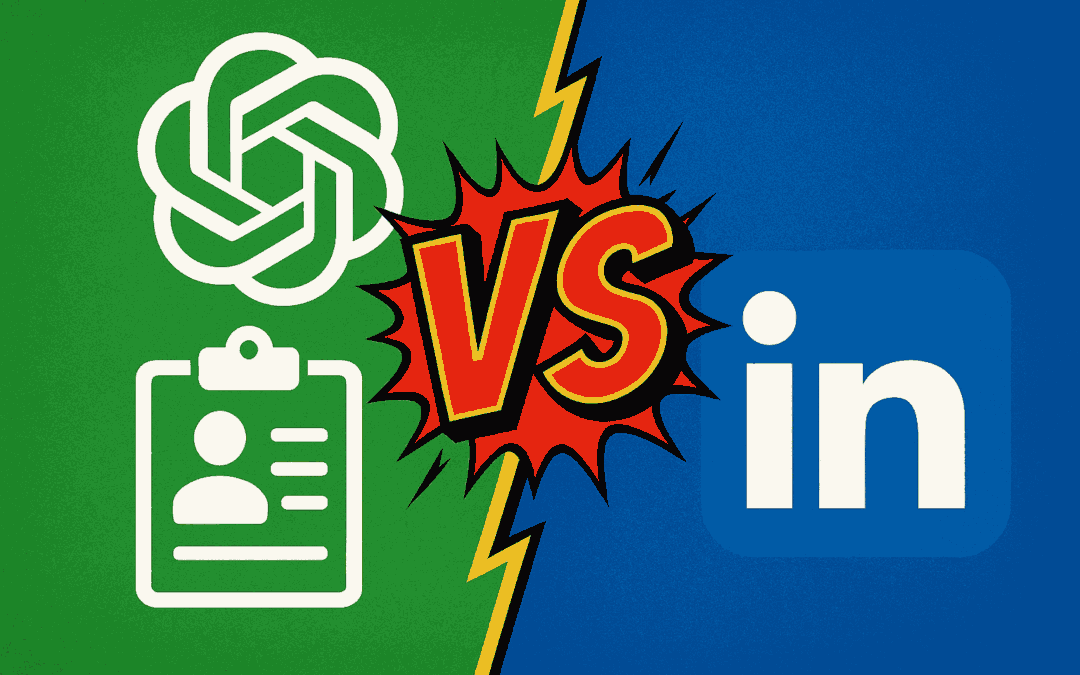Apple has officially unveiled its sweeping foray into generative AI with Apple Intelligence, a collection of large language models and services designed to integrate seamlessly across the Apple ecosystem.
This marks a significant strategic commitment by Apple to advance on-device AI capabilities, challenging offerings from tech giants like OpenAI, Google, and Microsoft, with a focus on privacy and developer-ready integration.
Key Takeaways
- Apple launches Apple Intelligence—its own suite of LLM-powered AI models and tools integrated tightly with iOS, iPadOS, and macOS.
- Apple emphasizes privacy by processing a majority of AI tasks on-device and using Private Cloud Compute where necessary.
- Siri receives major generative AI upgrades, including contextual understanding and OpenAI GPT integration for more natural interactions.
- Developers gain new APIs and frameworks to build and enhance apps with generative AI capabilities across Apple platforms.
- Apple’s approach challenges incumbent AI leaders with a differentiated, user-centric, and privacy-first model.
Apple Intelligence: Finally Bringing Generative AI to the Apple Ecosystem
After months of speculation, Apple has announced its formal entry into next-generation AI with Apple Intelligence. Backed by Apple’s own foundational models—including large language and diffusion models—Apple Intelligence powers key features across iOS 19, iPadOS, and macOS Sequoia.
The launch includes not only system-level functionalities such as advanced notifications, writing tools, and image generation, but also a major evolution for Siri.
“Apple is playing to its strengths: device-level optimizations, privacy, and frictionless integration—condensing years of generative AI advances into a user-friendly experience.”
Siri Gets Smarter: Integration with OpenAI and Beyond
Siri undergoes its biggest generative AI upgrade since launch. Apple Intelligence allows Siri to understand user context across apps and devices, prioritize relevant actions, and even summarize messages or schedule actions using natural language.
The integration extends to OpenAI’s GPT-4o for users who consent, helping handle more nuanced or open-ended queries. According to The Verge, this enables hybrid AI experiences—first handled on-device, then escalated to cloud or partner models if needed.
“Apple’s AI model triages requests based on complexity, balancing performance and privacy in a way that sets a new industry precedent.”
Privacy-First Generative AI: Technical Details
In stark contrast to competitors, Apple’s LLMs process most data locally, making heavy use of custom silicon optimizations. When cloud processing is required, Apple’s Private Cloud Compute ensures data remains encrypted, inaccessible even to Apple itself.
This hybrid approach has already drawn praise from privacy advocates and critical scrutiny from technologists, as it leverages Secure Enclave and other trusted execution environments.
Multiple sources, including The Wall Street Journal, confirm Apple’s rigorous privacy review process and stress the open auditing of the company’s cloud AI infrastructure.
New AI Tools and APIs: Implications for Developers and Startups
Apple Intelligence doesn’t just benefit end-users—it delivers substantial new capabilities for app developers via APIs and frameworks. This enables generative AI integration within apps: text summarization, on-device image generation, smart writing suggestions, and workflow automations.
Startups can now build lightweight generative applications optimized for Apple hardware, reducing cloud dependency and latency. For AI professionals, custom model deployment and model distillation onto Apple NPUs signal new performance opportunities.
As highlighted by Ars Technica, this is crucial as competition in verticalized, private AI solutions intensifies.
Strategic Impact and Industry Context
With Apple Intelligence, the generative AI power dynamic shifts. While Apple’s models remain targeted and less sprawling than GPT-4o or Gemini 1.5 Pro, their system-level integration and on-device benefits appeal to Apple’s installed base.
This rollout also pressures AI services to re-evaluate privacy architecture as consumers grow wary of cloud-centric approaches.
Developers, startups, and enterprise partners must now consider Apple’s AI platform as a serious contender, capitalizing on the edge-compute paradigm and privacy leadership to differentiate products and user experiences.
“Apple’s entry into generative AI creates a new standard for privacy and local compute—forcing the industry to take edge AI more seriously.”
Conclusion: The New AI Race Redefined
Apple Intelligence positions Apple among the top-tier AI contenders by tightly coupling generative AI, privacy, and usability. The real winners will be developers and innovators who swiftly incorporate these capabilities, capitalizing on new frameworks, APIs, and an ecosystem primed for AI-native experiences.
Expect Apple’s AI ambitions to ripple through the developer community, shaping the next wave of consumer-centric AI products and driving renewed focus on privacy-first design.
Source: TechCrunch
